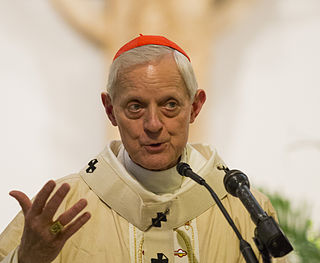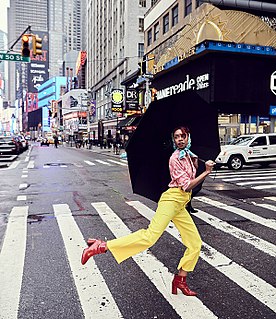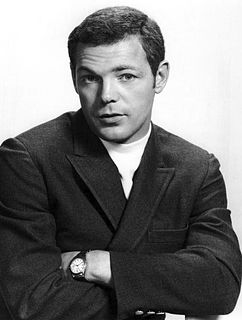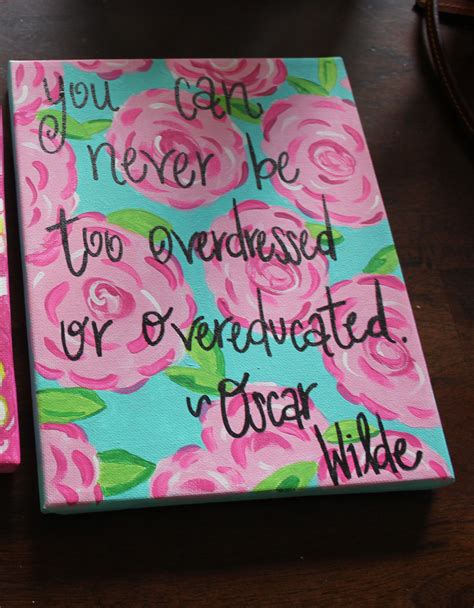A Quote by Ivy Compton-Burnett
A plot is like the bones of a person, not interesting like expression, or signs of experience, but the support of the whole.
Quote Topics
Related Quotes
Usually I work out the plot before I start. This time I thought: Writers always talk about not knowing where a book is going - -I want to experience that, too. What I found out is that it's very interesting, but it takes much longer because you have so many false starts. You take wrong turns and you have to go back and start the whole chapter, or the whole section, from scratch.
Fiction writers come up with some interesting metaphors when speaking of plot. Some say the plot is the highway and the characters are the automobiles. Others talk about stories that are "plot-driven," as if the plot were neither the highway nor the automobile, but the chauffeur. Others seem to have plot phobia and say they never plot. Still others turn up their noses at the very notion, as if there's something artificial, fraudulent, contrived.
We sometimes get so caught up in one or another aspect of the teaching, we forget that if a person hasn't been introduced to Christ, if a person hasn't embraced the risen Lord and the church that's an expression of that experience, what we're saying just sounds like a bunch of rules or negative statements limiting their personal freedom.
'Sticky' is about reaching a point in a relationship where you both realize you guys shouldn't be dating, but you're doing it anyway just because you like to have that sense of just being able to be honest with the person and comfortable with the person. You kind of ignore all of the signs and red flags because you really want to like the person.
I don't get how people want to read books on computers because it must be really bad for your eyes, for starters. I love the smell of books and I just like the whole experience of it. Maybe I'm just old-fashioned, but I like that whole experience - it's the same as I like putting on a record or a CD and waiting for it to arrive or buying it and waiting to listen to it in full.
When I am dancing, it feels like my prayer. It's like an offering. I offer my head back to the dance, I offer my shoulders back to the dance, my elbows, my hands, my spine, my knees, my feet, my whole self, my bones, my blood, my experience, my suffering... I offer it all back to the dance and I say: take it, do whatever you want with me. Release me.
It’s okay if no one believes like you, all experience is unique, no one has the same synapses, can’t think like you, for this be relieved, keeps things interesting, life’s magic things in reach, and it doesn’t mean you aren’t connected, and the community is not present, just take the perspective you get from being one person in one head and feel the effects of it.
The writer must always leave room for the characters to grow and change. If you move your characters from plot point to plot point, like painting by the numbers, they often remain stick figures. They will never take on a life of their own. The most exciting thing is when you find a character doing something surprising or unplanned. Like a character saying to me: ‘Hey, Richard, you may think I work for you, but I don’t. I’m my own person.’







































